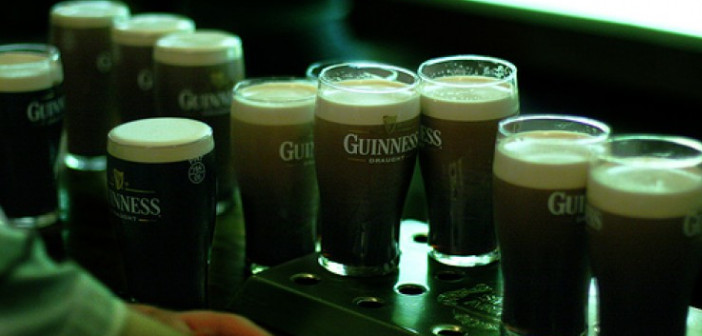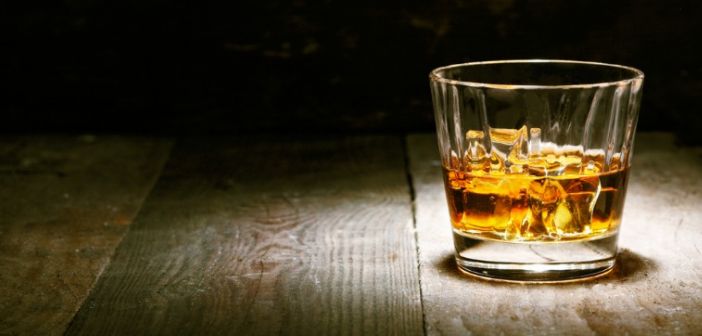Tough to Swallow | Ireland’s Link between Alcohol and Depression
Last weekend, we experienced the most anticipated suicide awareness event on the calendar – Darkness into Light. An event where thousands of people across the country, and even the world, walk together in solidarity, as a symbol of hope for those who struggle, and in remembrance of those we have lost to suicide.
Five years ago I lost my best friend to suicide. Since then mental health and promoting positive well-being have been a big part of my life. Nobody should have to get to a point where they feel taking their own life is the only option. Therefore, I think it’s important that we educate ourselves in factors that lead to suicide. Identifying what causes us to slip into periods of feeling low, and understanding how to reduce exposure to these factors, may help to prevent unnecessary suicides. There are many, many reasons that people may feel depressed or suicidal, but no other potential cause of suicidal thought scares me more than our unhealthy relationship with alcohol.
I’ve always found the relationship between alcohol and the Irish to be a little bit unsettling. Ever since I can remember, there have been dismissive jokes about Irish people being ‘alcoholics,’ or being able to drink more than the rest of the world. We’re portrayed as a jolly bunch, never too far away from the nearest pub. Ever since I started drinking, and even before it, I’ve been aware that anything is a good excuse to drink excessively. You won that big match? Hey, let’s celebrate! Oh you lost that game? It’s okay forget about it with a few pints. Anything goes around here.

Our relationship with alcohol isn’t healthy. It’s so socially acceptable though, that we don’t even realise it. Think about it; in our world it’s ‘weird’ to have never drank, or to go out sober. Those people are considered different because the majority of us can’t socialise without a pint. It’s so close to us that we can’t even see it. It should not be abnormal that a person can remain sober and still go out and enjoy themselves. In our culture, these people are few and far between, and most of us are in awe of their ability to stay off the drink.
This year, Ulster University published some pretty troubling data that was linked to our questionable relationship with alcohol. In 1,600 suicide cases over a six year period, alcohol was present in 56% percent of the people who died. In a more specific case study in Cork, over 50% of people who died by suicide also had alcohol in their system. This is a clear indication that there is some link between depression and alcohol consumption. Whether this be the cause of depression, or the catalyst putting people in the mind frame to act out depressive thoughts, the link is undeniable.
It’s now common knowledge that alcohol is a depressant. It temporarily causes depressive feelings to spike. However, if you binge drink regularly, which is the case in our generation, these depressive feelings tend to last longer. If you couple this with a pre-existing depressive disorder, alcohol and suicide attempts can be easily connected.

It’s a tough reality to swallow. Alcohol is such a fundamental part of Irish culture. Whether good or bad, it seems to be symbolic of what it means to be Irish. Every time you meet someone from a different country, there’s a good chance they’ll assume you can ‘hold your drink.’ That’s our reputation. Even though we may know the negatives of alcohol abuse, and how it is linked to such tragedies as suicide, we continue to abuse. The only reason it may seem like we don’t is because nearly everyone in our lives does the exact same thing – week in, week out.
We may never be to completely cut-off our relationship with alcohol. However, there may be hope to shift how we relate to the drug. We need to change how we drink because its depressive nature is changing how we think, and this, is leading to far more suicide ideation in our country. It’s absolutely fine to dink and it’s even better to enjoy it. It’s when drinking makes us feel bad, or we need it to feel better, that alcohol becomes more than just a minor issue.
